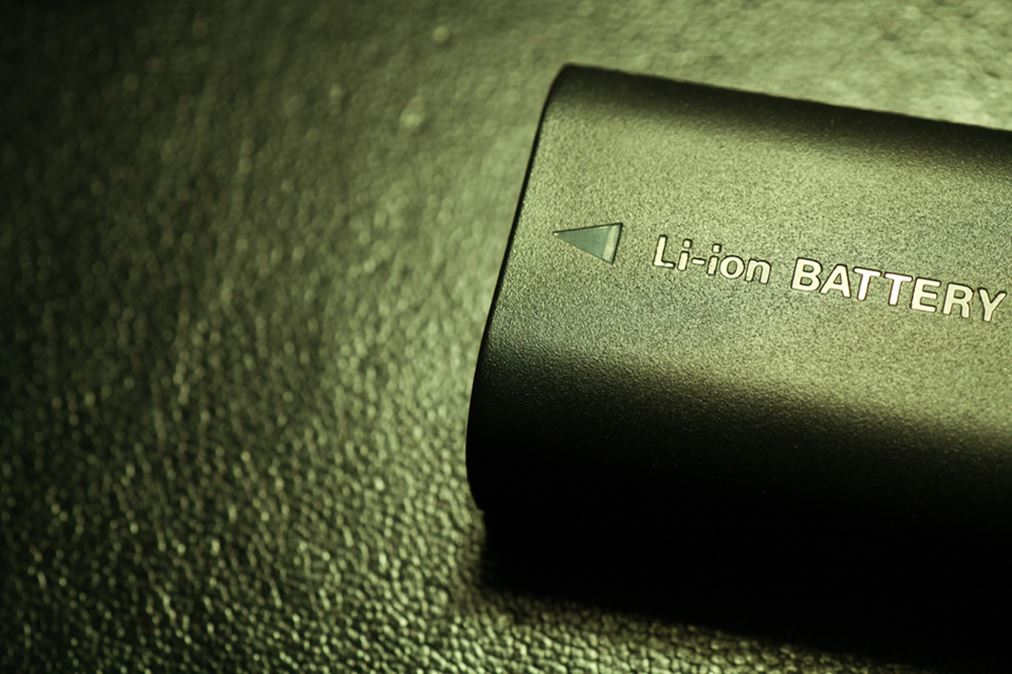Lithium Ion Batteries – The Safety Aspect
Safety is always a major concern for all commercial property and industry owners. They want to make sure that every piece of equipment they use is safe for their employees and associates. They also want to get the best performance they can out of their equipment.
This is certainly true for lithium ion batteries. They have been around for quite some time now and are used in a variety of applications. However, they’re not considered as reliable or safe as other batteries available in the market.
Why are they Considered Volatile?
There are several cases of burnt or damaged Li-ion batteries in the news. Because these batteries are often used in common gadgets and appliances like smart phone and laptops, any problem with them is immediately noticeable. There are incidents where these batteries burst into flames and cause damage and injuries.
This is because they have higher specific energy levels and are more sensitive to overcharge. If these batteries are not charged properly, they can reach a thermal runway point and cause a number of problems. However, these batteries are highly efficient and would prove to be useful in a variety of applications.
Advancements
Scientists and researchers in this field have studied the problem and have worked on solutions. They have implemented several chemical and cell packaging changes to make the Li-ion battery more stable and safe to use in high-demand and harsh industrial conditions. While there’s still considerable room for improvement, these batteries have become more efficient and are safer to use. Over the years, incidences of fire and other such problems have significantly reduced.
The BMS
One of the best ways to keep the Li-ion battery safe is to add a battery management system to the UPS. Most of the problems with Li-ion occur due to overcharging or undercharging. This can be prevented by proper battery management. A battery management system will monitor battery charge, discharge, microprocessors, switches, sensors, circuits, etc, that make up the UPS system. It will constantly monitor the temperature, charging, the relative health of the Li-ion battery and protect the system against short circuits and overcharging.
The system will also protect the cells for low voltage or fluctuations and make sure that the energy output is consistent across the board. The constant monitoring can ensure that you’re aware of your battery’s health at all times.
The Cost
The BMS does come at a cost. You’ll require additional equipment that would add to your UPS installation expense, which may make you hesitate. The BMS might also compromise the efficiency of the battery because it drains the latter when it’s switched on. This would reduce the amount of time you have the power back up for and that’s not always acceptable to people who want to get the most out of their UPS.
It’s going to be a while before this type of battery can be easily used in industrial and business applications. However, it’s a relatively eco-friendly solution. Li-ion batteries don’t have hazardous materials like lead, mercury, cadmium, etc. This means they can be safely disposed of in landfills. It’s always a better idea to recycle and reuse as much as you can, but the Li-ion batteries aren’t as harmful to the environment as some of the other lead acid batteries out there.
If you want to know more about lithium ion battery safety or our custom power products and services, don’t hesitate to contact us at KaRaTec Power Supply Pty. You can give us a call at 612 9808 1127. You can also fill in this contact us form and we’ll reply as soon as possible.
Thanks for reading,
Karatec Power Supply Pty
612 9808 1127






